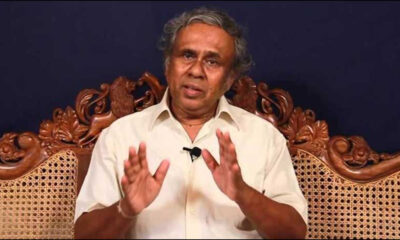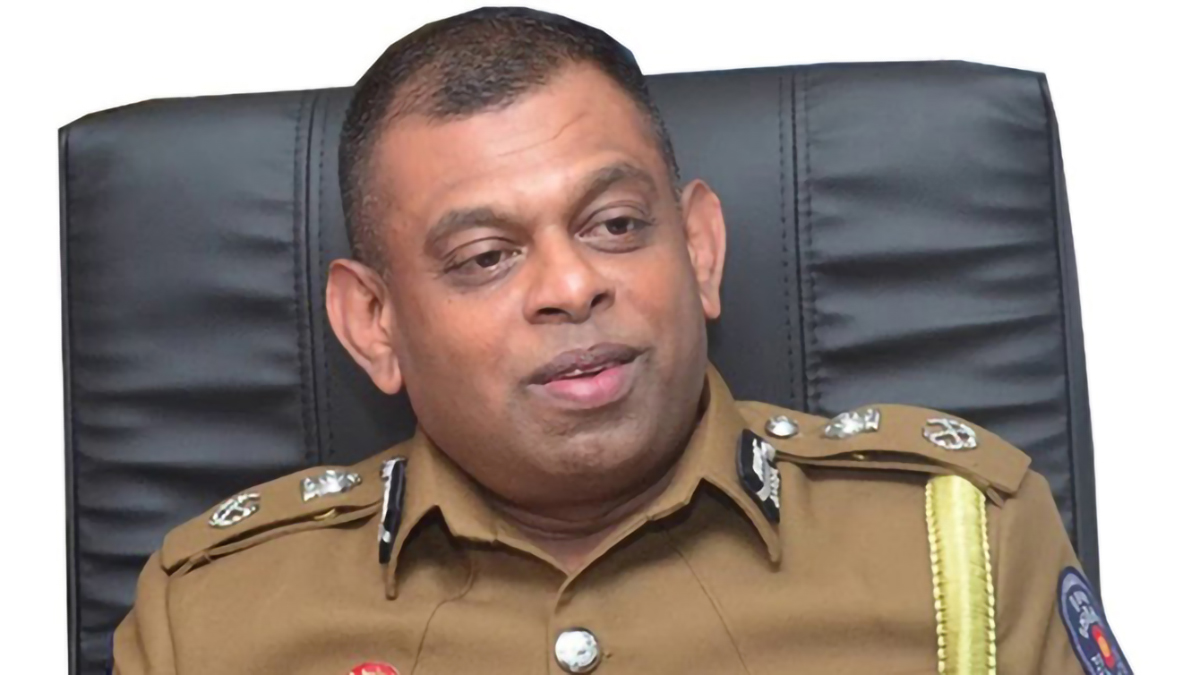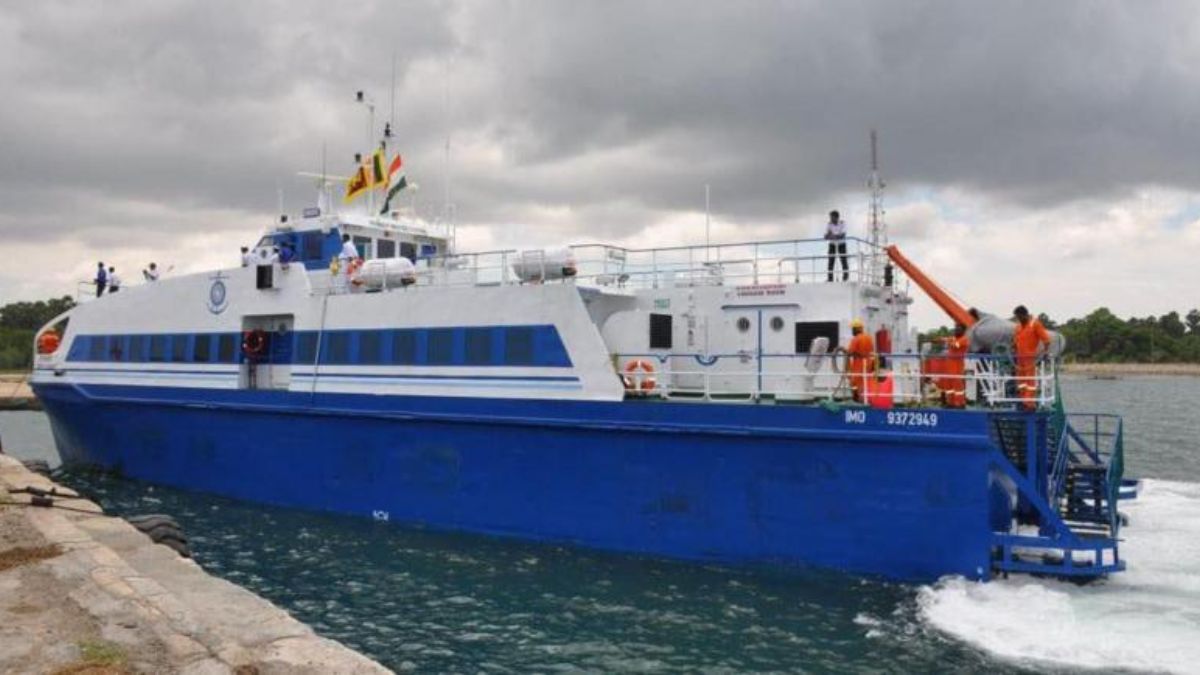The National Police Commission (NPC) will begin disciplinary proceedings against Acting Inspector General (IGP) Deshabandu Tennakoon and other police officers named by the Supreme Court (SC) this week for violating a citizen’s fundamental rights.
The process under the Establishment Code would begin when the NPC formally receives a copy of the judgment through the Attorney General, a source told the Sunday Times.
The senior-most police officer today and others named in the case were in charge of the Nugegoda division when the citizen was subjected to torture after his arrest in 2011.
A committee would be appointed to conduct a preliminary inquiry into the matter. This fact-finding mission would thereafter probe the incident and submit its recommendations, the source said.
If the preliminary inquiry finds sufficient cause for further action, a formal disciplinary inquiry will be initiated and the accused charge-sheeted. Disciplinary action, if any, will be taken after this inquiry, according to the source.
On Thursday, the SC ordered Acting IGP Tennakoon and three other police officers to each pay the petitioner, a retired army soldier, Rs. 500,000 as compensation for his illegal arrest on suspicion of robbery and subjecting him to torture. It also ordered the NPC and other relevant authorities to take appropriate disciplinary action against the officers it had found to be responsible.
The three-judge SC bench found that the victim, Weheragedara Ranjith Sumangala of Kindelpitiya in Millewa, had been subjected to severe torture by the police officers who reported to the then Superintendent (SP) Tennakoon, who was attached to the Nugegoda Division. The citizen was tortured at his residence, in front of his family, and in police custody.
The petitioner also claimed that SP Tennakoon himself beat him with a ‘three-wheel rubber band’ after stripping him naked and ordering him to rub Siddhalepa on his genitalia.
Along with the Acting IGP, a police officer named Bandara, Inspector Bhathiya Jayasinghe, Egodawele Chief Inspector and Head Quarters’ Inspector attached to Mirihana Police Station were found responsible for the ill-treatment and torture of the victim.
“The kind of conduct on display, judged even by the lowest of standards, amounts to a magnificent failure of all that the Rule of Law stands for,” said Justice S. Thurairaja in his judgment, with Justices Kumuduni Wickremasinghe and Priyantha Fernando agreeing. The State was also ordered to pay Rs. 100,000 in compensation from funds allocated to the Police Department, given the institutional issues observed by the Supreme Court.
Maximum three-year term for IGP
The government is planning to restrict the service period of an Inspector General of Police to a maximum of three years.
Discussions have already been held at the Ministry of Public Security about the proposal, and a Cabinet paper is due to be submitted shortly, the Sunday Times learns.
The decision has been taken considering that some of the officials already in service, if appointed as the IGP, would be able to hold the post for six to nine years. According to the proposal, after completing the three years as the IGP, they would have to retire from service, even if they are under the retirement age of 60.
Source – sundaytimes.lk

 News3 days ago
News3 days ago
 Sports2 days ago
Sports2 days ago
 News3 days ago
News3 days ago
 Entertainment4 days ago
Entertainment4 days ago
 News3 days ago
News3 days ago
 News2 days ago
News2 days ago
 News5 days ago
News5 days ago
 BIZ3 days ago
BIZ3 days ago





















